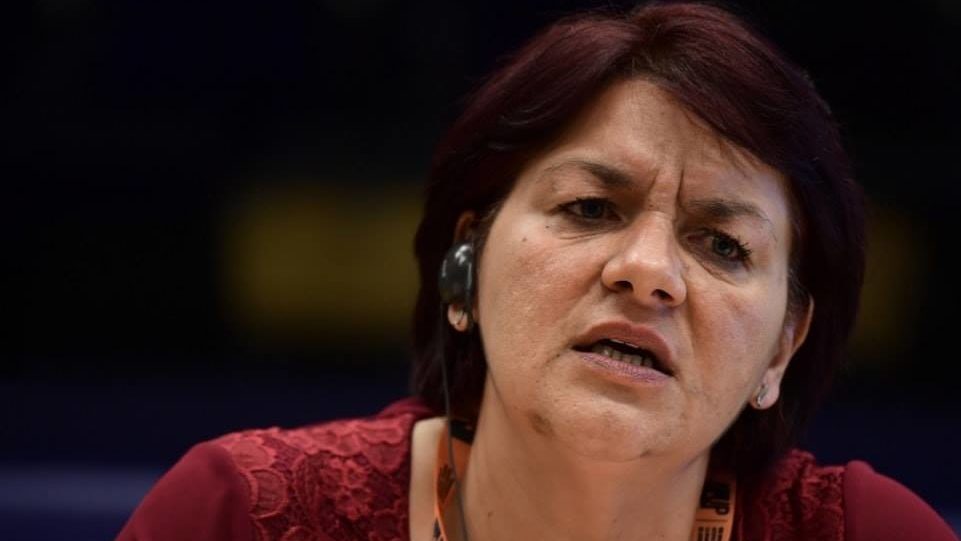
05.03.2021.
Bosnian War Rape Survivors ‘Still Afraid to Speak Out’
BiH, Mirsada Tursunović, War in Bosnia and Herzegovina, wartime rapeMirsada Tursunovic, who was raped by a soldier at a detention camp during the Bosnian war, explains how it took 17 years to overcome her fear of being socially ostracised and give evidence against her attacker.
‘One cannot just start talking about it’
Experts working for Vive Zene Tuzla also say that some victims also do not want to testify against their attackers in court because they distrust the judicial process and fear that they will not be properly protected against retaliation from the defendants.
So far, a total of 102 cases involving allegations of sexual violence or rape have been heard at the Bosnian state court in Sarajevo.
The court’s witness support section offers psychological, emotional and administrative help to witnesses who are invited to testify.
“Considering the specific nature of war trauma and their delicate mental state, victims and survivors of wartime sexual torture, special attention is given to providing them with psychological support and empowering them before, during and after their testimonies, so as to avoid additional suffering and repercussions for the witnesses’ mental state as a result of their testimonies,” the state court told BIRN.
Mirsada Tursunovic first spoke to State Investigation and Protection Agency officers about the crime committed against her after someone had named her as a witness in a war crime case. The officers’ sensitive approach made it possible for her to give evidence, she explained.
“They approached me in a very nice, professional manner, with concern for my health and mental state. The men would leave the room so I could speak to female officers about my experiences,” she said.
During the investigation, Tursunovic recognised the man who attacked her, but after she had given her statement, he left for Russia and did not come back.
She searched for him on Facebook for years and finally found him last year, but the discovery brought the trauma back again.
“I started shivering, I logged out of my account quickly and later deleted it. I was frightened, I took a sedative, I did my breathing exercises as my doctor had taught me,” she recalled.
She said that she is “living for the day when the criminal will be brought to justice”, but cautioned that pressure should not be put on rape victims to give statements and testify in court.
“It is not easy to admit what happened to you and talk about it. It took me a long time – it took me 17 years to say what had happened to me,” she said.
“One cannot just start talking about it and be questioned right away. [Survivors] should be given space so they can find the right way and moment to speak out.”
Azra Husarić
This article was was originally published on balkaninsight.com.














